

Guiding You Along the Way
“Client for Life Philosophy” I am personally committed to going above and beyond in all the services that I will provide you. Our team is dedicated to giving you excellent service from initial consultation to moving day & beyond. We want our relationship with you to be long-lasting and transparent from day one.
Let us show you...
WHAT, WHY, WHEN, & HOW
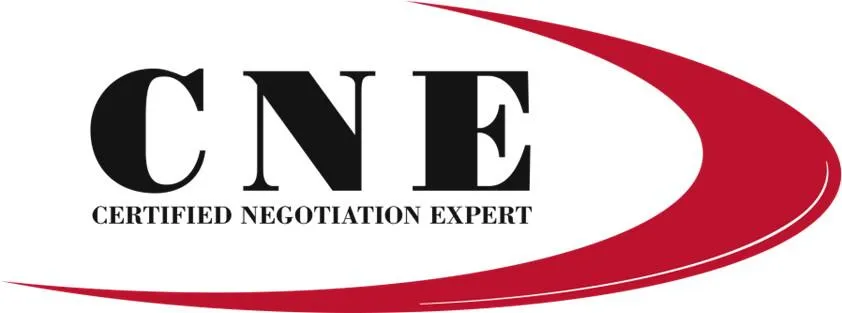
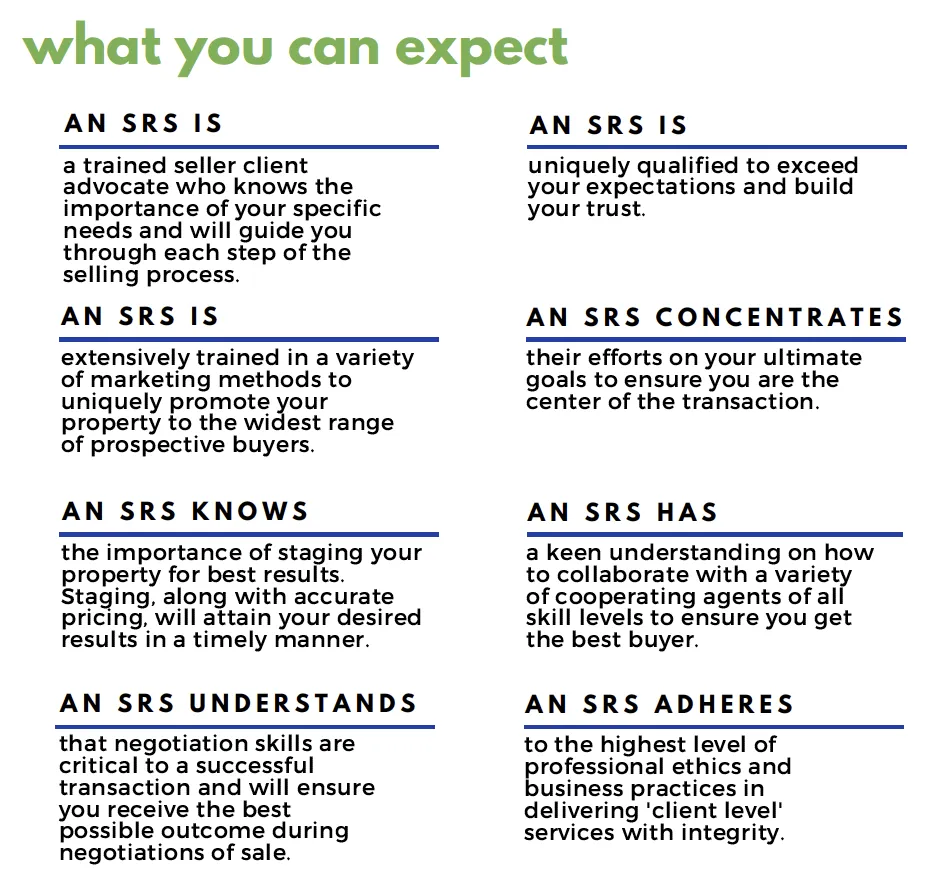
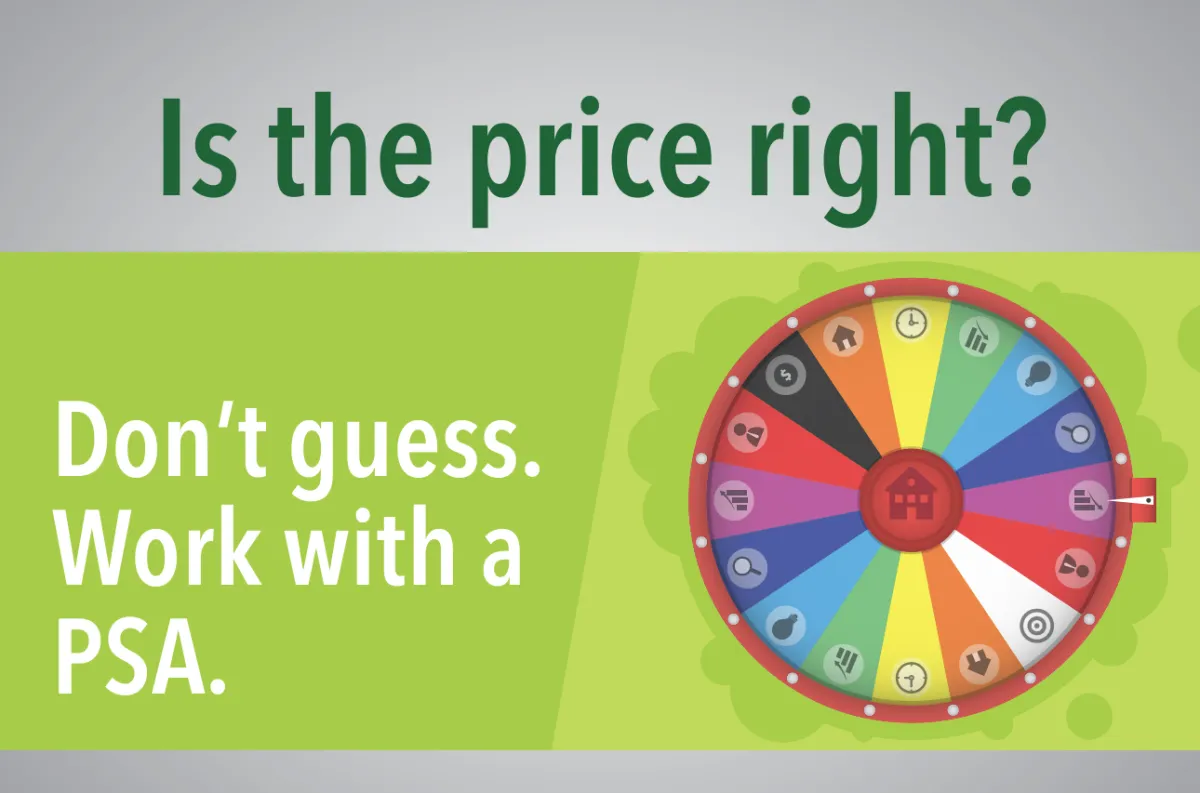
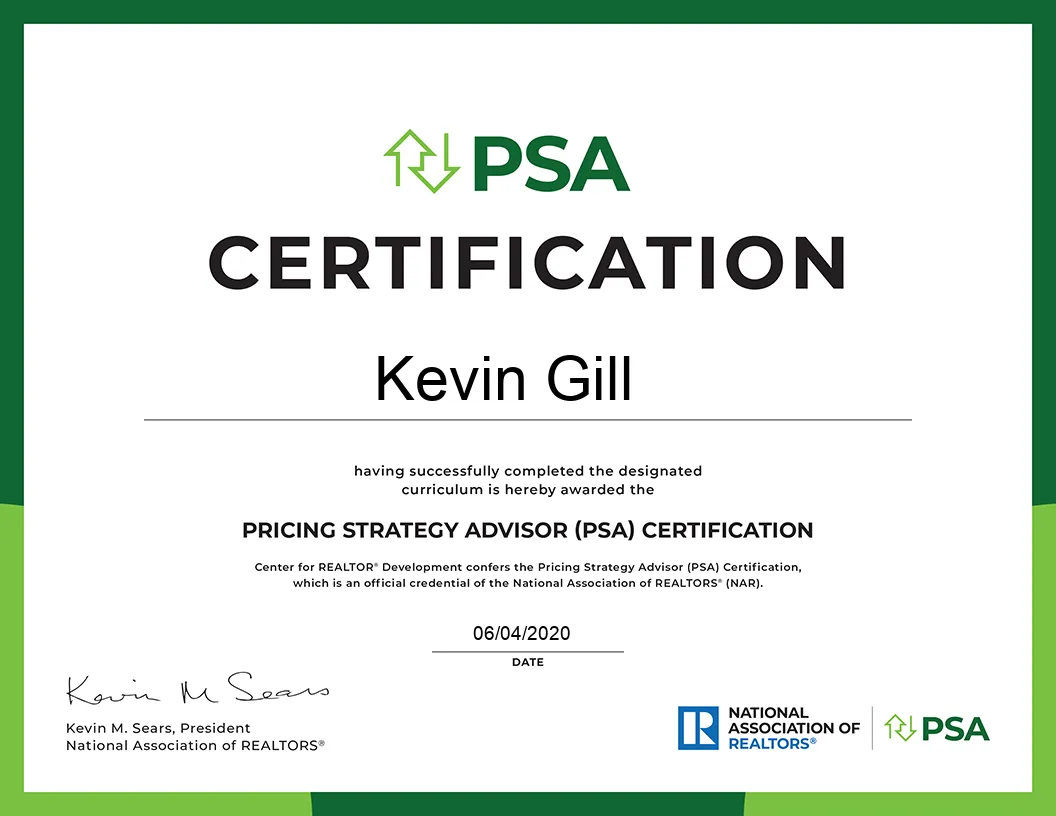
Custom Marketing Sell's your Home for Top Dollars, Hassle Free & in Least Amount of Time:
Selling your home is one of the most important financial decisions you’ll make. When you list with Kevin Singh Gill, you receive professional advice, a customized marketing strategy, and clear communication—designed to position your home effectively in today’s market while reducing stress and uncertainty.
Every home and every seller is different. That’s why we don’t use a one-size-fits-all approach. Your listing strategy is tailored to your property, your timeline, and current market conditions.
Our Proven Selling Process
1. Pricing & Market Strategy
We begin with a detailed Comparative Market Analysis (CMA) using recent sales, active listings, and market trends to recommend a pricing strategy that reflects current buyer demand. Pricing is reviewed continuously and adjusted in good faith as market feedback is received.
2. Preparing Your Home for the Market
First impressions matter. We provide guidance to help your home show at its best, including:
Professional staging advice (services may be offered or arranged, subject to availability)
Recommendations for minor repairs and cosmetic improvements
Decluttering guidance and referrals to trusted local service providers
Optional pre-listing inspection recommendations to help identify potential issues early
3. Strategic Marketing & Exposure
Your property is marketed using a targeted, multi-channel approach designed to maximize visibility:
Professional photography and video walkthroughs
MLS® listing with clear, detailed property information
Online marketing through social media, email campaigns, and search-optimized listings
Neighbourhood marketing and outreach to local buyers and agents
Virtual tours or virtual open houses where appropriate
Marketing strategies are customized based on your home’s location, features, and current market conditions.
4. Showings & Buyer Management
Showings are coordinated with respect for your schedule and preferences. Where possible, we focus on serious and qualified buyers while minimizing unnecessary disruption.
5. Offer Review & Negotiation
When offers are received, we provide clear guidance to help you evaluate:
Price and deposit
Subject conditions and timelines
Financing strength and completion dates
Negotiations are handled professionally and strategically, with your interests protected at every step.
6. Transaction Management to Completion
From accepted offer to completion day, we coordinate with lawyers, lenders, inspectors, and all parties involved to help ensure a smooth and well-managed transaction.
Seller Peace-of-Mind Commitments
180-Day No-Sale, No-Commission Commitment
You only pay a commission if your home sells and the transaction completes.
If your property does not sell during the agreed listing term, no commission is earned, subject to written terms and conditions.
This is not a guarantee of sale, price, or timing and relates solely to commission entitlement.
Flexible Listing Approach
Listing agreements may include satisfaction-based cancellation provisions, subject to brokerage policy and written agreement.
Get In Touch
Phone Number:
604-908-9697
Email: [email protected]
Royal Lepage Global Force Realty
Surrey Office: 15300 54a Ave #306, Surrey, BC V3S 8R7
Abbotsford Office: 33555 South Fraser Way, Abbotsford, BC V2S 2B7
Assistance Hours
Mon – Sun 9:00am – 8:00pm
Good Deal Real Estate.
Your Local Expert, the Obvious Choice.
© 2024 Kevin Singh Gill Personal Real Estate Corporation - All Rights Reserved. Contents of this website, including the photography & videos, may not be used without written consent. Maximum effort is put towards the details but cannot guarantee, buyer to verify all details. https://kevinsinghgill.ca/terms-and-conditions ,https://kevinsinghgill.ca/privacy-policy

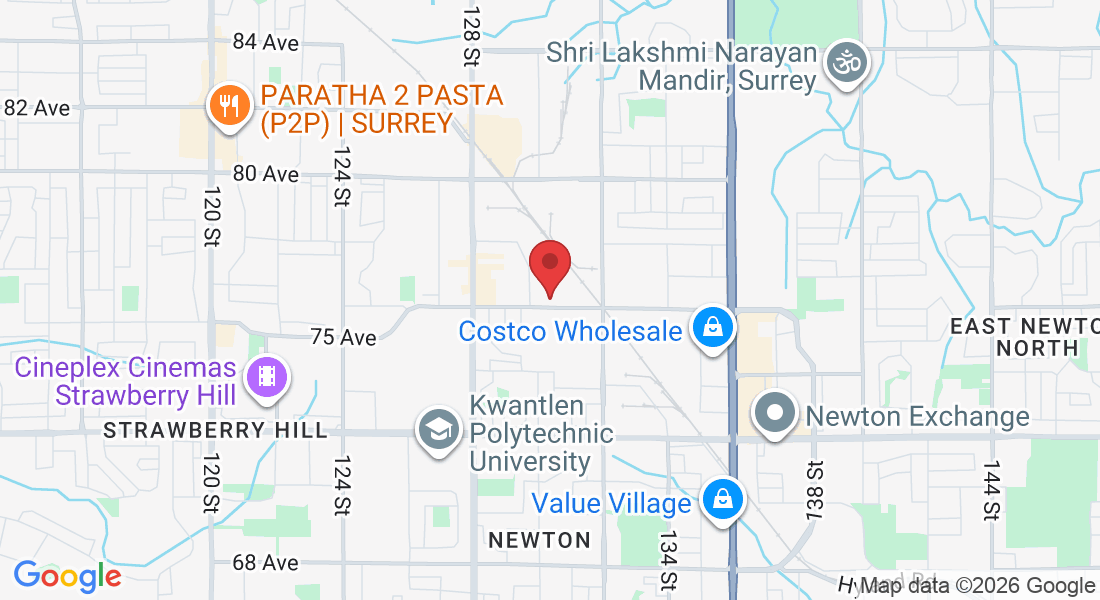
Facebook
Instagram
Youtube
TikTok